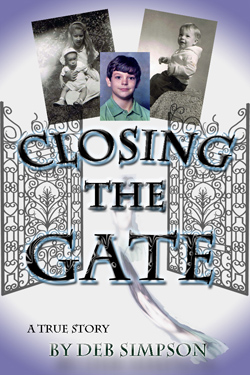Book Club: "the Age of Desire" an evocative delight
Review by Kory Wells
"A woman in love is an ostentatious thing,” suggests a line in “The Age of Desire,” a newly released novel by Jennie Fields.
It
is 1907, and Edith Wharton hasn’t been herself since meeting blue-eyed,
brazen Morton Fullerton. Never mind that she’s recently come into her
own with the international success of her novel “The House of Mirth.”
Never
mind that she has all the privileges of an upper-class life, including a
luxurious apartment in Paris, a lush estate in Massachusetts, and
friendships with influential thinkers and fellow writers such as Henry
James.
Never mind
that she has a kindly — though morose — husband, Teddy. It is Morton’s
attention that has the normally no-nonsense Edith glowing like a
schoolgirl — and realizing how passionless her marriage is. And so she
has to admit: “She wants something, but is she willing to take the risk
to find it?”
This is not a spoiler, but historical fact: Edith takes the risk and has an affair with Morton.
“The
Age of Desire” imagines the emotional complexities of that risk in
rich, sensual prose. Informed by Wharton’s letters and journals, the
novel also fictionalizes the viewpoint of a second character who has
received far less attention in history: Wharton’s childhood governess
turned secretary, Anna Bahlman. This book is as much about Edith and
Anna’s relationship as it is Edith’s affair and sexual awakening.
Anna
can’t believe that Edith would take such a risk with the likes of the
roguish Morton Fullerton. Any woman should be happy to call Teddy her
husband, Anna thinks — and she once told him that herself.
Anna
and Teddy have had a special bond since that long-ago conversation, but
Anna’s ultimate devotion is to Edith. She delights in the fact that
when she types Edith's words, suggests a small change, or comments on a
developing plot, she is becoming part of literary history.
But
now both Whartons are becoming more difficult since Morton Fullerton
entered the picture. Anna would never have imagined it after all these
years, but might she have to start over — at 60?
“I
don’t like consequences,” Morton tells Edith early in the book. “The
Age of Desire” confronts the consequences of the affair in a way that’s
emotionally true, as good literary fiction should, even if that truth
might be hard for the most romantic among us. Readers will remember this
book for its skillful characterization, period-perfect pacing, and
gorgeous writing that is a sometimes erotic and always evocative
delight.
Originally published: http://www.tennessean.com/article/D4/20120818/LIFESTYLE/308180024/Book-Club-Age-Desire-an-evocative-delight?odyssey=mod_sectionstories

